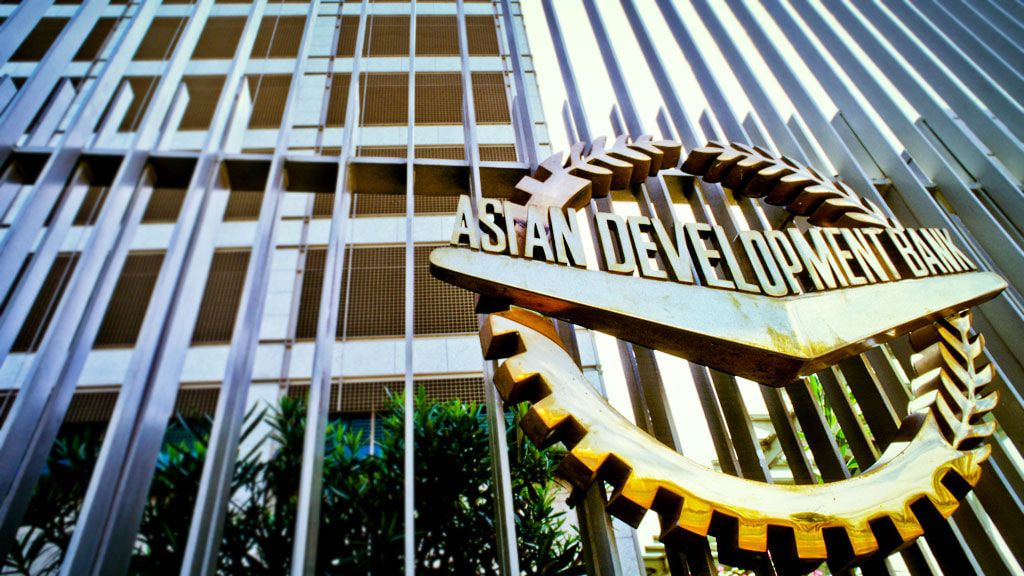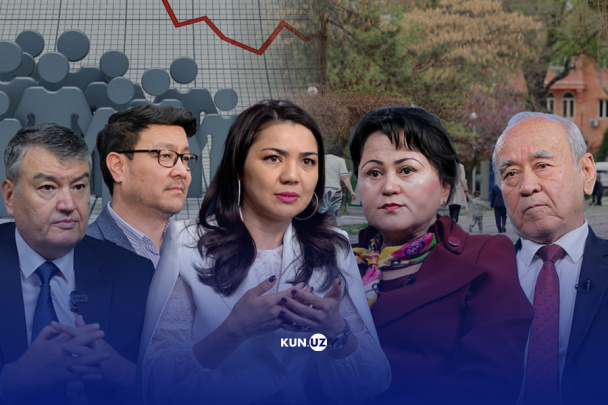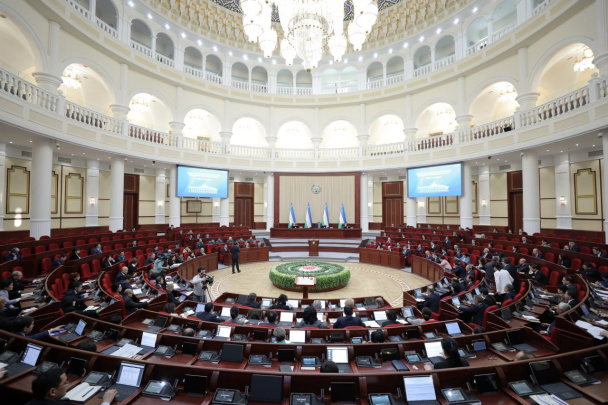The loan will support Uzbekistan’s efforts to strengthen its institutional framework and expedite measures to mitigate the impacts of climate change. The program focuses on three key areas:
• Strengthening institutional and public financial management systems.
• Enhancing climate resilience in water and land management, agriculture, and social protection systems.
• Accelerating the transition to a low-carbon economy in sectors like transportation and energy.
“This program prioritizes decarbonizing the economy while supporting vulnerable populations and improving resilience against climate-induced disasters. Uzbekistan remains one of the most energy-intensive economies, and the program aligns with the government’s efforts to reduce greenhouse gas emissions per GDP unit by 35% by 2030. This will be achieved through renewable energy development and increased energy efficiency,” said Eugene Zhukov, ADB’s Director General for Central and West Asia.
Highlighting the risks posed by inefficient water use and climate change, Kanokpan Lao-Araya, ADB’s Uzbekistan Resident Mission head, emphasized the need to modernize irrigation systems and adopt smart water management practices. The program will support legislation aimed at ensuring water security and combating desertification, which threatens fragile ecosystems.
The program also focuses on enhancing government capacity to tackle complex climate issues through better policy coordination, targeted budget allocation, and strengthened monitoring and accountability for climate-related expenditures and outcomes.
“This initiative is designed to improve the government’s ability to address climate challenges by refining policy coordination, resource allocation, and monitoring frameworks,” said Hanif Rahemtulla, ADB’s Principal Public Management Specialist.
Uzbekistan’s economy is currently one of the most energy-intensive globally. This program aligns with the country’s climate goals, including a commitment to reducing greenhouse gas emissions and improving climate resilience in critical sectors.






